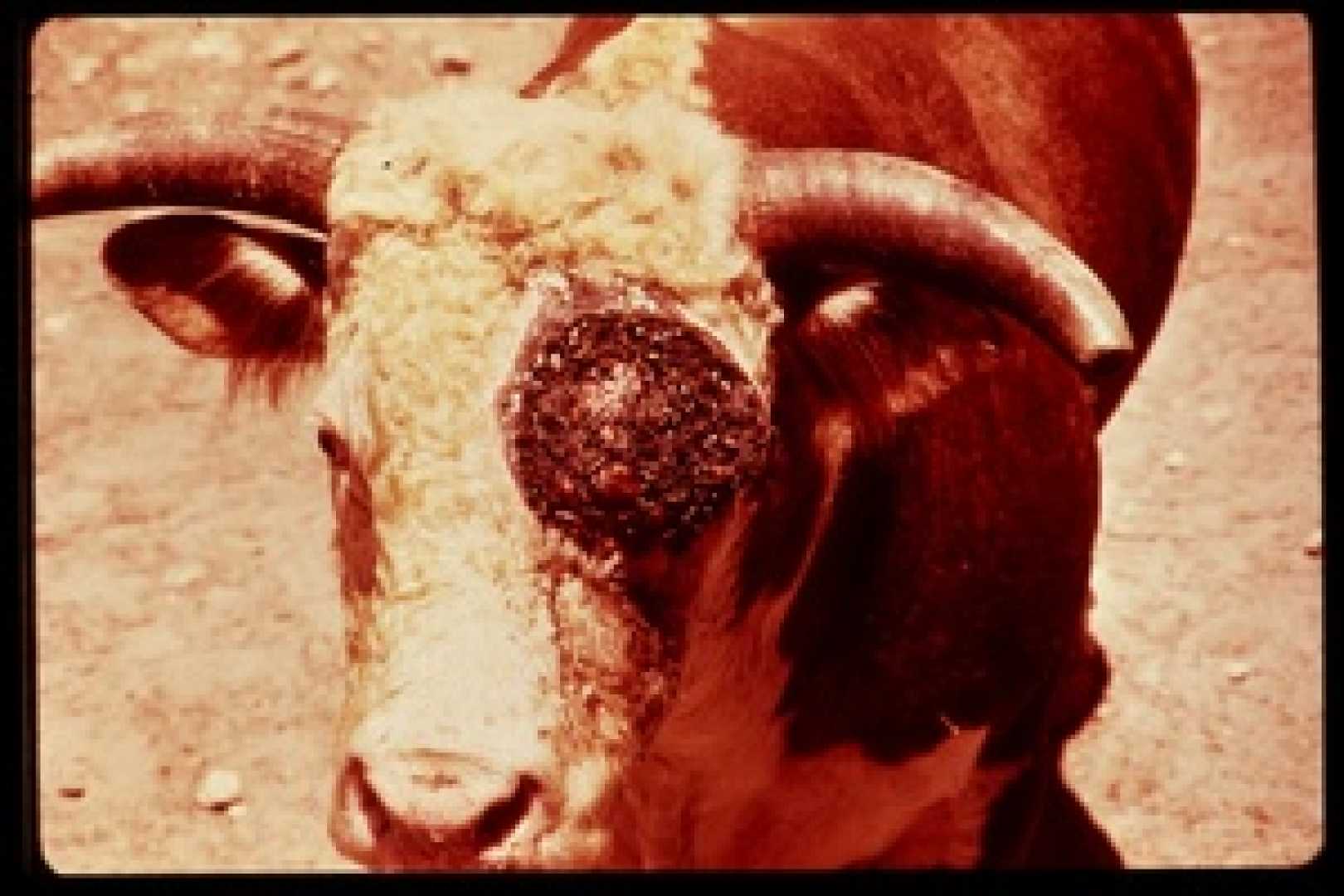News
Screwworm Threatens Texas Cattle Industry with Looming Invasion

MCALLEN, Texas — The screwworm, a parasitic fly notorious for devastating livestock, is creeping closer to the United States, raising significant alarms across Texas and beyond. If it crosses the southern border as expected in June, experts warn it could disrupt the state’s $15 billion cattle industry.
The screwworm fly lays larvae in open wounds, which then consume the living flesh of cattle and potentially humans. The U.S. Department of Agriculture has already suspended live animal imports from Mexico in response to the threat. According to the Texas Tribune, ranchers fear a return to the dark days of the 1950s when the country endured major outbreaks.
“This is going to be catastrophic for the areas where this screwworm fly ends up infesting to any large degree,” said Tomascik, associate director of Commodity and Regulatory Activities for the Texas Farm Bureau. The screwworm can attach to not just cattle, but also family pets, raising wider concerns about public health.
Last year’s surge in screwworms in Central America was startling, with the U.S. sending warnings after cases increased significantly. Ranchers like Giovana Benitez from Edinburg fear that if the invasion comes, meat prices could skyrocket due to a plummet in available beef supply. “It’s going to get to a point where we’re not going to have enough cattle or people are not going to be able to afford to buy steaks,” she warned.
In response to the crisis, U.S. Senators from Texas and New Mexico have proposed funding for a new facility designed to produce sterile flies to combat the screwworm population. However, the request is still making its way through Congress, leading to concerns about whether it can be constructed quickly enough.
Garcia, a livestock auction owner, believes that the financial impact could ripple through the market, potentially disrupting access to major states that rely on Texas cattle. He noted that cow-calf producers—a critical part of the cattle industry—would be hit hardest as the fly tends to affect young calves most significantly. “That is ground zero in this business,” Garcia said.
The potential devastation isn’t limited to cattle. Texas’s thriving wildlife economy, particularly deer hunting, could suffer dramatically as well. With approximately 5.3 million wild deer in the state, any sign of screwworm infestation could send hunting license sales tumbling.
Ranchers are taking preparation steps, including deworming their herds and improving feeding practices in anticipation of the screwworm’s arrival. However, many stress that the current workforce is insufficient compared to the numbers employed during previous outbreaks.
While invasive species have historically challenged agriculture, experts emphasize that a swift and coordinated response is essential to prevent screwworms from re-establishing a foothold in the U.S. “We need to start production as soon as possible because we simply don’t have enough sterile flies to deal with the outbreak,” Tomascik said.












